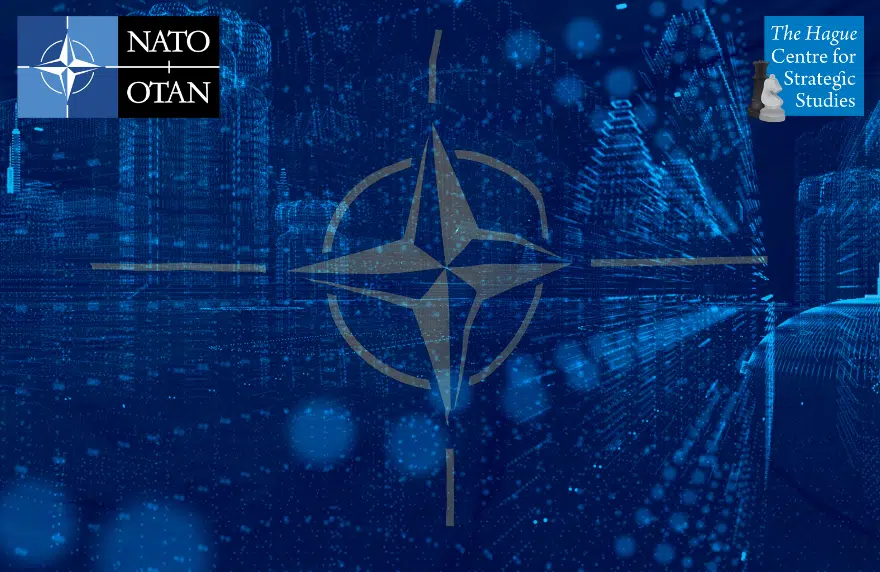Research
Information has always been critical to the battlefield. Today, however, developments have greatly changed the information environment: such as globalization, digitalization, increased data volume and velocity, and decreased credibility of information. Combined with the disruptive effects of new information technology, this has resulted in an ever-growing importance of information during conflicts.
With the changing nature of the current (and future) operating environment, the Dutch army is now called upon to strengthen its information position and ways of handling information in order to cope with the major changes and challenges in the information environment. A new concept is therefore necessary, allowing them to make better use of information as enabler, means and weapon.
However, much debate is still going on about what exactly the concept of Information maneuver defines. What should be the effects and what does it mean when information is used as a weapon? The question arises how the concept of Information maneuver can be defined. What is the essence of the concept, and of which elements does it consist of? Subsequently, what does Information maneuver in a military context really mean when executing it?
In this brief by Judith T. van de Kuijt, Naomi Keja, Jacoline C. Slaager (TNO), many questions are addressed about Information Manoeuvre in the operating environment, leaving room for applied research to start investigating its characteristics and its span. In this paper, the authors explore four fundamental elements of Information Manoeuvre and identify three dilemmas concerning its scope and conceptual considerations.
The military application of information has a long history in influencing the outcome of war and conflict on the battlefield. Be it by deceiving the opponent, maintaining troop confidence, or shaping public opinion. These tactics are placed under the banner of influencing human behaviour. Behavioural influencing is the act of meaningfully trying to affect the behaviour of an individual by targeting people’s knowledge, beliefs and emotions. Within the Dutch armed forces these tactics fall under title of Information Manoeuvre. With the ever-larger and more evasive employment of information-based capabilities to target human cognition, the boundaries of the physical and cognitive battlefield have begun to fade.
For this paper series scholars, experts and policymakers submitted their papers on the employment of information-related capabilities to influence human behaviour in the military context. From the perspective of an individual European or NATO country’s perspective.
The Information-based behavioural influencing and Western practice paper series is edited by Arthur Laudrain, Laura Jasper and Michel Rademaker.
The views, thoughts and opinions expressed in this paper are solely that of the author(s) and do not necessarily reflect the views, policy or opinion of HCSS.




